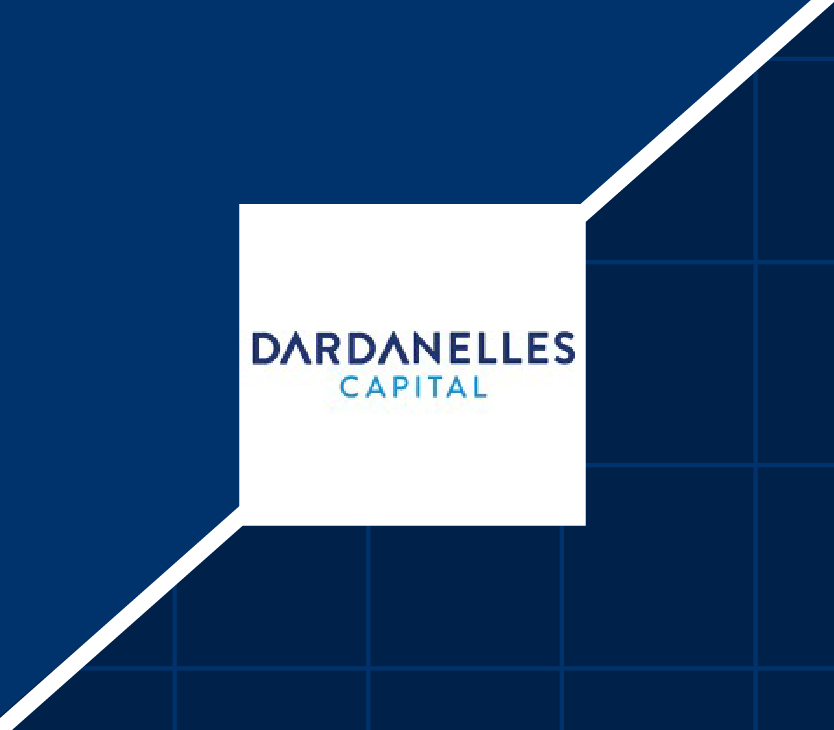If I Worked at Nvidia
In this article, Cameron Hight uses a probabilistic approach to help Nvidia employees decide whether to sell some of their shares or hold onto them, analyzing various outcomes—from booming success to potential crashes.
Nvidia is now the largest company in the world at $3.5 trillion. Market caps and GDPs are apples and oranges, but I’m going to compare them anyway.

These kinds of comparisons lead to a lot of talk about how rich the employees are. A recent stat I heard was that every employee at Nvidia is now worth $118M. Well, that’s just wrong but here’s how they got there. A $3.5T market capitalization divided by 29,600 employees is $118 million. The problem is that most of the shares are held by institutions. The CEO founder, Jensen Huang, owns around 3%. A quick Google search showed that outside investors own 90%+. And if we assume most of that is held by the founders, we can assume that maybe 2% is held by employees. That’s still $2.4M per rank-and-file employee. It’s not $118M, but it’s still life-changing money for many of the folks at Nvidia. What to do if you’re a paper millionaire?
At Alpha Theory, we are trained to think probabilistically. We believe this approach leads to better decision-making because it involves scenario analysis based on a range of possible outcomes, both positive and negative. Our clients use this approach (example below) to forecast the outcomes of securities they’re invested in.

If I worked at Nvidia, I would perform a similar analysis to decide between selling half of my shares and locking in $1M or holding on for the next $3.5T. I had ChatGPT help illustrate the outcomes (a picture is worth a thousand…)
Don’t Sell Anything Scenarios

I asked ChatGPT for three scenarios. Mega-rich, rich, and middle-class. (Tight runways at the mega-rich house😊) None of these are bad life outcomes but there is considerably more comfort in the first two versions of your future than in the third. The double-whammy for the “Nvidia crashes” scenario is that your options go to zero and there is a decent chance you lose your job. That scenario puts the college fund in jeopardy.
Sell Something Scenario

The alternative decision is to sell some of your shares. This reduces the extremes at each end (as much as I tried to get ChatGPT to remove the airplane, it wouldn’t. So, lucky you, you get a plane). What I really care about is the “Nvidia crashes” scenario. I’ve secured my downside protection, my kids’ college fund, and hey, I get a floating Mercedes emblem in my moat.
Comparing the Sell None and Sell Some scenarios, I prefer the “Sell Some”. While I lose a little on the upside, I’ve locked in a comfortable downside scenario. But my preference is not what matters. What matters is that you now have a framework to make the right decision for yourself based on an array of possible outcomes.
Life is full of decisions. Most are unimportant and not worth scenario analysis. But there is a class of decisions that deserve scenario analysis. The folks at Nvidia are facing a scenario-worthy decision right now.
.svg)







